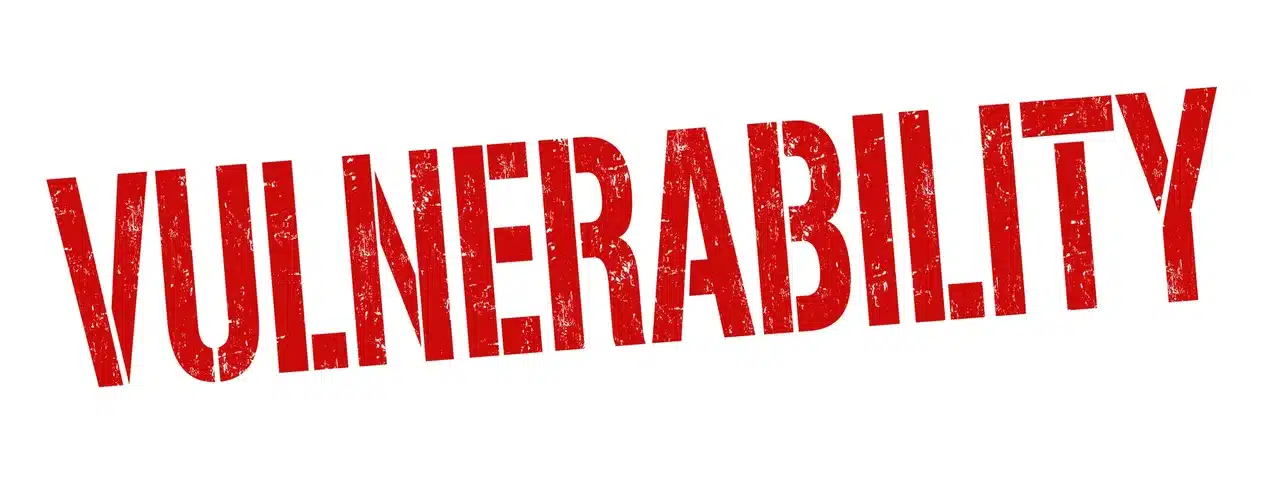Hi, I’m Tracy, and I’m a vulnerability junkie. I love to connect with others on a deep level, whether it’s through my professional work, my personal relationships, or through my writing.
But what comes after the courageous act of sharing the intimate details of one’s life? Well, for me, what follows is what I (and my best friend and fellow therapist and vulnerability junkie), like to refer to as the vulnerability hangover.
A vulnerability hangover is the crash that often follows the high, elation, or relief we experience after disclosing. We can experience this somatically, with muscle tension, an upset stomach, or racing heart, or emotionally with negative thoughts, anxiety, and fears. Oftentimes, people experience a combination of the two.
The question I’m most commonly asked after putting so much of myself out there in writing and on podcasts is, “How does it feel to share so openly about your experiences?”
It’s a particularly interesting question for a therapist because while therapists are used to vulnerability—we are typically the ones holding space for others to be vulnerable, not exercising our own vulnerability.
So, how does it feel to share so openly? Well friends, here’s an explanation of my process. Whether it’s a piece for my personal blog, a published piece on a more public forum, a social media post, or podcast, my experience goes like this:
· Brainstorm
· Create when inspired
· Edit
· Rewrite everything
· Edit
· Share with trusted supports
· Edit
· Doubt what I’m putting out there
· Edit
· Give space to the piece I’m working on
· Edit
· How are there still mistakes?
· Realize I need to stop editing
· Read 10 more times to be 100% sure
· Hit submit/publish
· Panic
· Why did I submit/publish?
· Is my piece ready?
· Are those more mistakes I see?
· Why do I sound like a squeaky 5-year-old?
· Do I sound like this in real life?
· Tell myself I don’t care
· (I care)
· Realize my piece is live
· Feel excited
· Re-read and question everything
· Get hit with a vulnerability hangover
When I put my writing out in the world, I often feel like I’m giving pieces of my soul away. I’m not only opening myself up to the feedback about my craft (in this case, typically writing), but I’m using art to write about the most personal details of my life.
Can people handle what I’m putting out there? Is what I wrote or said too much? Am I too much?
Because of this, it often feels like I’m being graded or judged on multiple levels—hence, the vulnerability hangover.
Now, if you’re reading this, you’re probably wondering why I continue to do this. Why would I continue to write and speak so transparently about my personal life and about topics that many don’t want to discuss? Why would I keep doing this, if it always leads to a nasty vulnerability hangover?
I constantly ask myself these very questions, but I always land on the same answer.
The answer is simple, because what follows the vulnerability hangover is nothing short of magic—it is healing. It is the reason that though initially hard and painful, we feel better after opening up or talking about challenging or traumatic experiences. It is in the simplest form, why therapy is so effective.
I write and talk about what has happened to me because doing these things is what helps me to heal. The things I write and talk about are not exclusive to me. I am not, despite what my parents keep telling me, special. I am a normal, Jewish girl from the San Fernando Valley who has lived through some stuff. This does not make me special—it makes me human. Every day, second, and minute, people are living through and experiencing unimaginable traumas. Bad things happen to all of us, this is a fact of life.
When bad things happen to us, it makes us feel bad, so we often ignore or avoid it. If I avoid this bad feeling, I don’t have to deal with it. Avoidance is powerful and it serves a purpose. The tricky thing with avoidance is that it tends to work for the short-term, but not so much for the long-term, as the things we avoid don’t disappear—they pile high until we can’t bear it any longer. Whether it’s cultural, societal, familial, or personal pressure to act, feel, or think in a certain manner, this weighs heavily on the heart, mind, soul, and body.
Talking about and processing difficult experiences is often what divides those who heal and move forward, from those who find themselves feeling perpetually stuck. The tricky thing being is that we often feel worse before we feel better, so opening up about these things can initially seem counterproductive. We tend to feel worse because we are bringing things to the surface that we tend to keep hidden, and it takes time to get to a place where talking about these things doesn’t make us feel so flooded.
Every time I begin therapy with someone new, I let them know that they’ll likely feel worse before they feel better. This is usually met with a chuckle, because therapists are supposed to fix everything, right?
I go on to explain why this is, and why it’s important to push through that initial discomfort. The more we talk about these things, the more we learn, the easier it gets, and the better we feel. Of course, this is a very simplistic explanation and the actual work is much more complex, but that doesn’t make this explanation any less true.
It always amazes me how much power people give to their therapists, as we are often held or viewed accountable for growth or lack of progress. The truth is, that working on oneself (whether in or out of therapy) is really hard work. Like therapy and most accomplishments in life, we tend to get out of it, what we put in. Any progress someone makes in therapy (or life) says much more about that person, than it does the therapist or other helpful supports. That person put in the work and that’s why they’re reaping the benefits.
I see this in my work as well as in my personal life, and after experiencing my own series of horrific traumas, I knew I couldn’t go down the path of avoidance, as tempting as that path was—and sometimes, still is. I knew I wanted to use my story to start conversations and normalize these experiences for people, regardless of how hard this can be.
Sharing can be really helpful, but it does not need to happen in a public forum. There are many ways to share. Sharing can happen in the form of private journaling or writing, other art mediums, talking to trusted supports, and talking to professionals. It’s important for each individual to find which methods of sharing, best serve them.
So, while I can’t seem to find a cure for the vulnerability hangover, it hasn’t prevented me from putting myself out there. Instead, it has become something I expect and embrace, as part of my process. Human connection is at the core of what we do. In my opinion, this is the driving force for most things in life. The finite discomfort I experience from sharing so openly fades quickly enough for me to recognize the potential impact. The feedback, bravery, and love I have received in response—whether it be about my story or someone sharing theirs, is invaluable, and what motivates me to keep on sharing.
To all my fellow readers and storytellers—we each have a voice, and story to tell. I encourage you to share yours—the light, the dark, and everything in between. What you have to say matters, even if you too, fall victim to the vulnerability hangover.
by: Tracy Gilmour-Nimoy, M.S., LMFT, PMH-C


